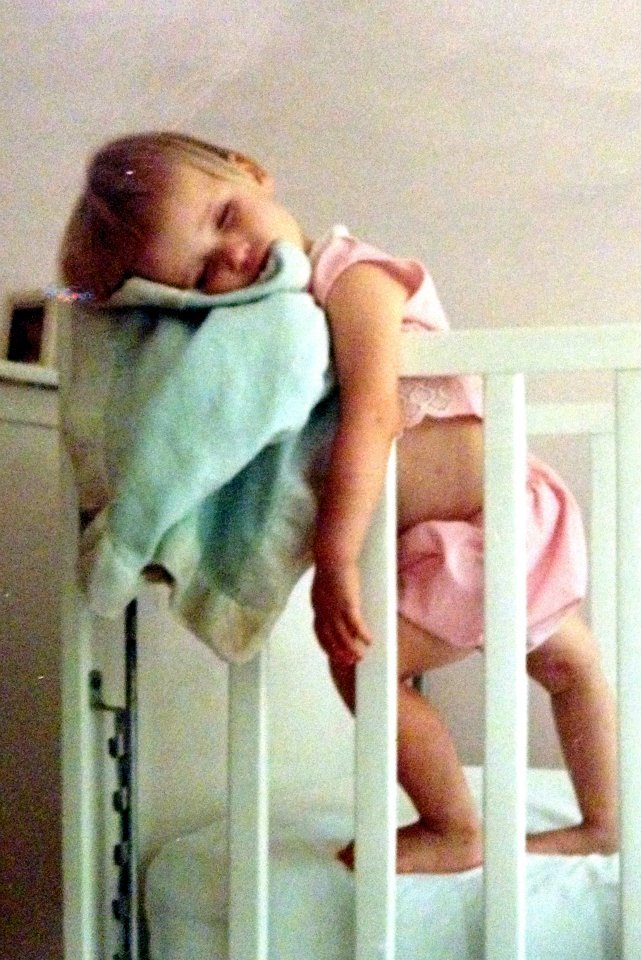Telling Our Stories, 2021 version
- Blog
- Telling Our Stories, 2021 version

Telling Our Stories, 2021 version
January 13, 2021 | suezquesteen | listening • stories | 2021 • being better • character • kindness • personal growth | No Comments
“There is no greater agony than bearing an untold story inside you.” Maya Angelou
“Everyone has a story,” I remarked to my friend as she was blessing my heart over learning things about me she didn’t know.
“We both know that,” she responded.
We don’t have to know much to know that there is no one who doesn’t have a story.
Maya Angelou had a story, and I’ll admit to hurting for her when I first heard parts I’d never heard. What is your story? I don’t mean the carefully crafted story you choose to share with people, or the story the pretty photos on Instagram let people think represent your life. I mean the story that explains what drives you to be the person you are, the story that explains why you react the way you do to certain people or events. Everyone has a story. Angelou understood how agonizing it can be to keep our stories to ourselves, and worse, to not even admit our stories to ourselves.
Stories need to be shared, and stories need to be heard.
- Someone needs to hear our story
- Someone needs to share their story
- We need to tell our story
- We need to hear someone else’s story
Telling our story helps others in a way our giving advice does not. In fact, there is research showing that sharing our story is beneficial for the listener and the storyteller (although, blurting out your story to anyone who is nearby isn’t always the best way to share). For instance, if you hear someone’s story who has been able to pull themselves out of a bad situation, maybe a bad childhood of poverty and not many opportunities, to be happy and successful and ‘living the dream’, it is empowering to you the listener and to them, the storyteller. If you hear a story of sadness, it might leave you feeling sad for the person, but it also reminds you that you aren’t the only one in some situation or you come away feeling grateful that your own problems aren’t as big as you were thinking.
One of my favorite stories to share is of our trips to The Meadows, the nursing home in the town where I grew up. My mother would take me with her on Thursday mornings when I was out of school during the summer. She and a friend had a little rolling store (a cart with items like pocket-size combs, small tubes of hand lotion, ChapStik, personal packages of tissues, Lifesaver candies, small bags of potato chips, word search puzzle books, and Juicy Fruit and Wrigley’s Spearmint chewing gum they sold for a nickel up to a quarter) they used as a way to visit and bring a smile to the faces of the residents each week. I loved getting to go to The Meadows. I remember Mrs. Peebles who was one hundred years old, which sounded as old then as it does today, and Mrs. Bennett. She was my favorite, and I was always so happy to finally arrive at her room. At seven years old, I understood she had a son who didn’t visit her very often. When we would leave, I would tell her that I hoped her son would come see her that weekend, and she would always respond saying, “Oh, sweetie, he’ll come when he can.” Why is that story important? Because the sadness I saw in Mrs. Bennett with so few visits from her son convinced me at a very early age that I would never be that child. I would never cause that tear in someone’s eyes.
For Mrs. Bennett, there must have been agony in the story she wasn’t telling me, and yet I heard plenty in what she said. I wonder whose story might you need to hear. Chances are, it won’t mean you need to visit the local nursing home, but if you decide to do that at some point, be prepared for the stories waiting for you.
With social media or even the ease of having a blog on the internet, we have a place to tell our stories. You might think no one will have a great interest in hearing your story, but what’s one of the first things you do when you have a problem you can’t figure out? You might ask a friend, “Have you ever had an experience where…?” or like many people, you might turn to the internet. We are hungry for assurances from people who understand what we are feeling, and aching for validation that we are not alone. Sharing your story might provide that for someone else.
I think about how quick humans are to judge others who might not look just like they do, work in the same kind of job, live in the same kind of neighborhood, or be lacking any number of other similarities. Yet, when we hear someone’s story, we are often changed for the better, as is our rush to judge.
I have a friend who hears calls on a hotline. Most of the callers are afraid of someone more powerful in their life knowing what they are thinking or feeling. Teenagers who have been physically punished for not measuring up to a parent’s expectations are the stories over which I have most cringed. Having parented in a way that allowed my children to be themselves has made it especially painful to hear these stories, but choosing to only hear the comfortable stories will not help me grow. When we allow someone a safe place to tell their story, we benefit them and ourselves.
As I focus on hope this year, I know that opening myself up to listen and to be willing to share will be important. Giving someone else hope is a pretty powerful gift. If there is, indeed, agony being born as stories remain untold, it seems you and I might want to take time to offer that gift to others and ourselves. I bet we’ll know when the time is right, since not everyone needs to hear what we want to share.

Thoughts to Encourage
Joy is the will which labors, which overcomes obstacles, which knows triumph.~ William Butler Yeats
Whether you think you can or think you can’t you’re right. - Henry Ford
The best way out is always through. ~ Robert Frost
Real difficulties can be overcome, it is only the imaginary ones that are unconquerable. ~ Theodore N. Vail
Success consists of getting up just one more time than you fall. ~ Oliver Goldsmith
You must be the change you want to see in the world. - Mahatma Gandhi
Nothing helps like a good nap…

A Dog is Faithful…

